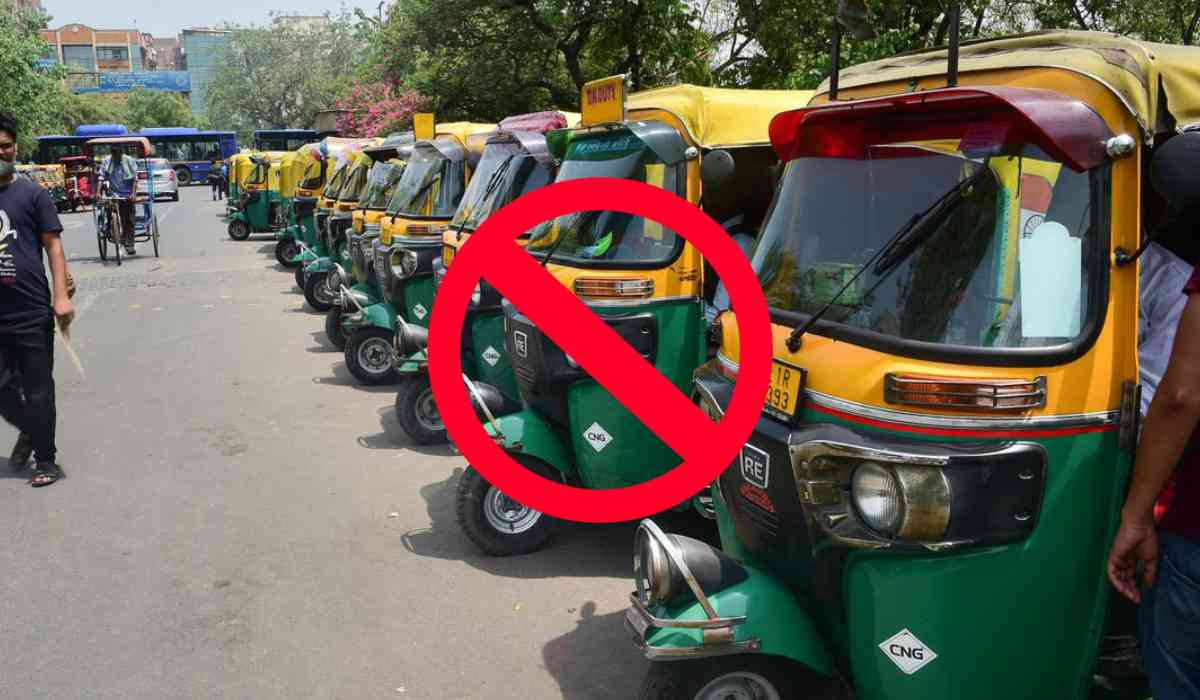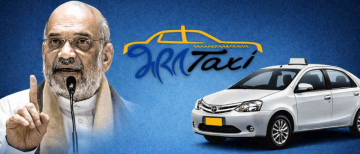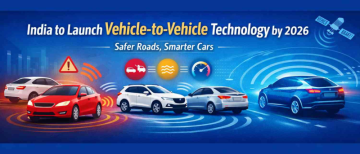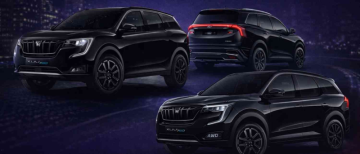In a bold step to combat its ongoing air pollution crisis, the Delhi government has unveiled a Draft Electric Vehicle Policy 2.0, signaling a sweeping transformation of the capital's transport system. The policy seeks to phase out fossil fuel-powered two- and three-wheelers, alongside significant changes in public transport, civic vehicle fleets, and private car ownership.
The draft policy, pending approval by the Delhi Cabinet, outlines aggressive deadlines, mandatory transitions, and ambitious targets aimed at replacing high-emission vehicles with electric alternatives across various sectors.
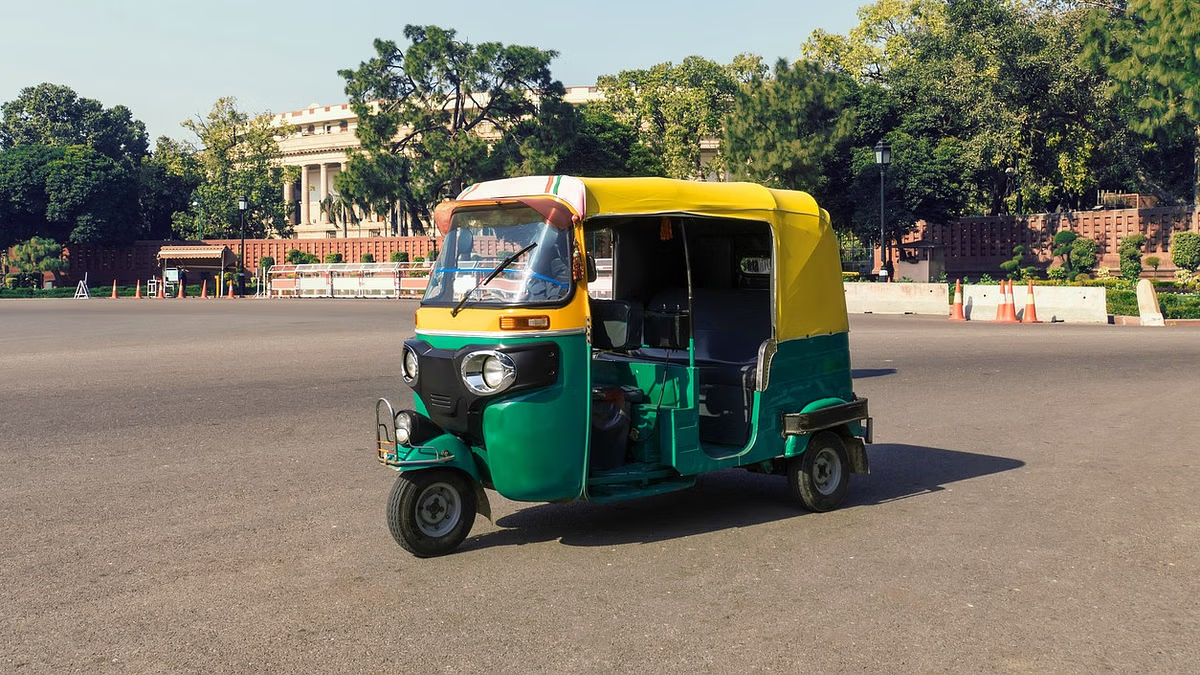
Phasing Out CNG Auto-Rickshaws from August 15, 2025
One of the most significant proposals is the complete phase-out of CNG-powered autorickshaws:
-
No new registrations of CNG-run auto-rickshaws will be allowed after August 15, 2025.
-
Renewal of permits for existing CNG autos will also cease on the same date.
-
All replacement permits will only be issued for electric autos.
-
Existing CNG autos over 10 years old must be either retrofitted with electric powertrains or replaced entirely.
Current Autorickshaw Stats in Delhi
-
One lakh three-seater (TSR) autorickshaws currently operate in Delhi.
-
Before 2011, only 55,000 autos were allowed, as earlier models ran on polluting fuels such as petrol and diesel.
Complete Ban on Petrol, Diesel, and CNG Two-Wheelers by August 15, 2026
A major shift will impact two-wheeler users:
-
The draft policy proposes a complete ban on registration of all petrol, diesel, and CNG two-wheelers from August 15, 2026.
-
This rule is aimed at significantly reducing emissions from one of the most common vehicle categories in the capital.
Restrictions on Three-Wheeler/Fossil-Fuel Goods Carriers
Three-wheeler goods carriers are also in focus:
-
From August 15, 2025, no new diesel, petrol, or CNG-powered three-wheeler goods carriers will be allowed to register in Delhi.
-
The policy recommends a full transition to electric models in this category as well.
-
The aim is to transition entirely to electric goods carriers for urban freight and delivery operations.
Electrification of Public Transport
Delhi's public bus system will undergo a massive green transformation:
-
All intra-city buses operated by the Delhi Transport Corporation (DTC) and the Delhi Integrated Multi-Modal Transit System (DIMTS) will be electric.
-
Only BS-VI compliant buses will be allowed for inter-state operations.
-
No new fossil fuel-based buses will be procured for city commuting.
Government and Civic Vehicles to Go Electric by 2027
The policy mandates the phasing out of all fossil fuel-run vehicles used for civic services, including:
-
Vehicles operated by the Municipal Corporation of Delhi (MCD), New Delhi Municipal Council (NDMC), and Delhi Jal Board (DJB).
-
These must be fully converted to electric vehicles by December 31, 2027.
-
The goal is to ensure a 100% electric fleet for solid waste collection and other municipal operations.
New Rule for Private Vehicle Owners
The draft also affects individual car owners:
-
If a person already owns two vehicles, any additional vehicle purchase must be an electric vehicle (EV).
-
This rule will be enforced once the new EV policy is officially notified.
EV Infrastructure Expansion
Although not the primary focus of the draft, the policy does mention the need for:
-
Setting up numerous new EV charging stations across Delhi.
-
Ensuring easy and widespread access to charging infrastructure to support the anticipated rise in electric vehicles.
Policy Objectives: Fighting Air Pollution
Delhi has long struggled with severe air pollution, especially during the winter months. The primary sources of pollution include:
-
Vehicle emissions
-
Construction dust
-
Industrial smoke
-
Stubble burning in neighboring states like Punjab and Haryana
-
Firecrackers during festivals
-
Burning of municipal and residential waste
These elements collectively contribute to hazardous Air Quality Index (AQI) levels, particularly in winter. The resulting air pollution is known to cause: Respiratory issues, Asthma, Heart diseases particularly in children, the elderly, and vulnerable populations
According to officials, the goal of the new EV policy is to aggressively combat these threats by phasing out a significant portion of fossil fuel vehicles.
Policy Status: Awaiting Cabinet Approval
The current EV policy expired on March 31, 2025, and has been extended by 15 days, likely for the final time.
-
The new draft policy is under review and might undergo changes, especially concerning two-wheeler timelines.
-
Final implementation depends on Delhi Cabinet approval.
-
However, officials say the policy is almost finalized and could be officially notified soon.
Public and Social Media Reaction
The proposals have sparked intense debate on social media, with critics labeling the approach as "undemocratic" due to its sweeping nature and tight timelines. However, government officials maintain that the policy is essential for safeguarding public health and environmental sustainability, and that some recommendations may be modified after cabinet deliberations.
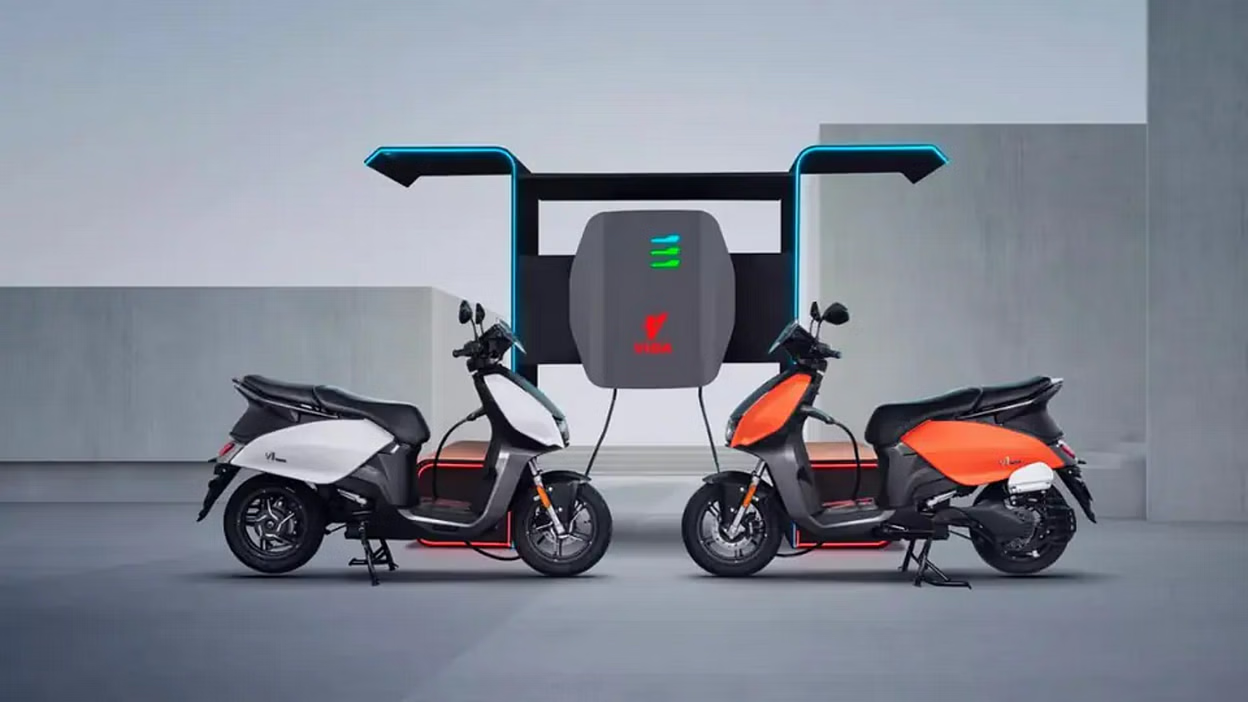
Full Timeline Summary: Delhi EV Policy 2.0 Recommendations
|
Vehicle Type / Action |
Policy Recommendation |
Effective Date |
|---|---|---|
|
CNG Autorickshaws |
Ban on new registration and permit renewal |
August 15, 2025 |
|
CNG Autos Over 10 Years |
Must be replaced or retrofitted with electric powertrains |
Within policy period |
|
3-Wheeler Goods Carriers (Diesel, Petrol, CNG) |
Ban on new registrations |
August 15, 2025 |
|
Two-Wheelers (Petrol, Diesel, CNG) |
Ban on new registrations |
August 15, 2026 |
|
Municipal Garbage Collection Vehicles (MCD, NDMC, DJB) |
Transition to 100% electric fleet |
December 31, 2027 |
|
Intra city Buses (DTC/DIMTS) |
Procure only electric buses |
Immediately post-notification |
|
Inter-State Buses |
Only BS-VI compIntra-citys allowed |
Immediately post-notification |
|
Private Car Owners (3rd Vehicle Rule) |
Must buy EV if already owning two vehicles |
Upon policy notification |
|
EV Charging Stations |
Expansion of charging infrastructure |
Ongoing |
The Draft EV Policy 2.0 represents a transformative vision for Delhi’s transportation ecosystem. It outlines clear, time-bound actions to:
-
Reduce dependence on fossil fuels
-
Curb air pollution
-
Promote sustainable urban mobility
If fully implemented, it would make Delhi one of the first Indian cities to set such comprehensive and ambitious targets for electrifying its transport sector. While challenges remain—such as affordability, infrastructure readiness, and public buy-in—the policy marks a crucial step in reimagining the future of clean mobility in the national capital.
With inputs from agencies
Image Source: Multiple agencies
© Copyright 2025. All Rights Reserved Powered by Vygr Media.

